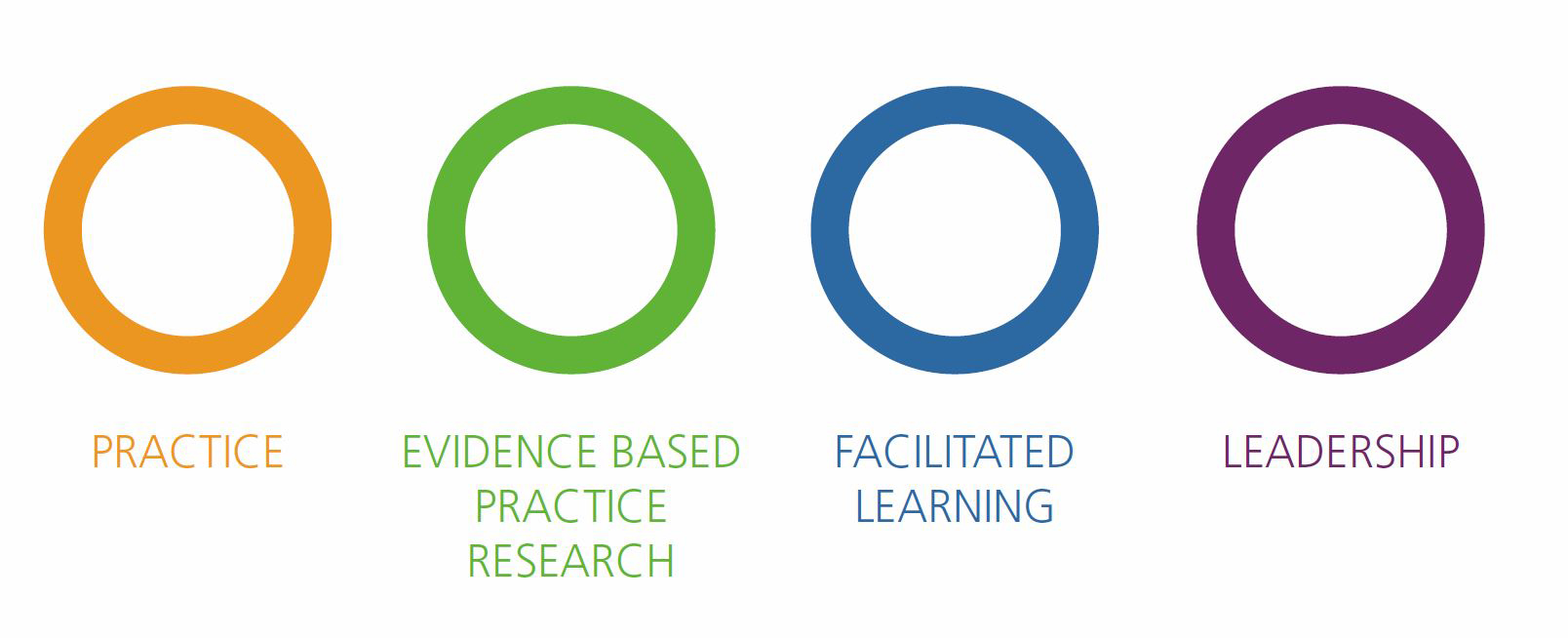The NHS Long Term Plan and the NHS People Plan, state that Allied Health Professionals are “central to meeting the changing demand the NHS faces from the growing and aging population”.
The Advanced Practice frameworks for all the 4 home countries give details on how AHPs can contribute to this agenda through Advanced Practice. It is key that dietitians with their unique set of skills play their part in the future development of the NHS.
Advanced Practitioner roles support dietitians in developing their clinical career pathway. A key feature of Advanced Practice is service improvement and redesign. Advanced Practice roles must cover all 4 pillars of practice.
Clearly defined time identified for audit, evaluation and research to ensure a service is effective, patient centred and meets the needs of the target groups. Education and learning is also a key feature of Advanced Practice. These features ensure that the service resign feature of this role occur.
It is recognised that advanced practice supports the retention of experienced clinical staff.
Advanced Practice has a key role in modernising the NHS to ensure it meets the health needs of the population of the UK.
Navigate the page:
- What is Advanced Practice or Advanced Clinical Practice?
- An introduction to Advanced Practice for managers
- Useful resources
What is Advanced Practice or Advanced Clinical Practice?
Each country has defined Advanced Practice (AP) in its documents/frameworks for AHPs. All definitions are broadly similar and include working to the 4 pillars of practice. For further information see our Enhanced Practice to Advanced Practice webpage.
The definitions are as follows:
Advanced Practice/Advanced Clinical Practice is a level of practice which is undertaken by an experienced, registered practitioner with complex decision-making skills. It encompasses 4 pillars of practice (which are slightly different across the UK), these are summarised in the BDA post-registration professional development framework as:

Please read our definition and critieria webpage to learn more about the definition of Advanced Practice.
Each home country has its own framework for advanced practice detailing the 4 pillars of practice. These can be found at:
An introduction to Advanced Practice for managers
Job planning
Job planning is probably more critical in the Advanced Practice role than in a typical clinical role. In an Advanced Practice role, changing models of care delivery and ensuring it meets patient/client needs is essential. Designated time must be set aside, and protected, to ensure the Advanced Practice role meets its function. The job plan allows the Advanced Practitioner to evidence how they are working across the 4 pillars and having this agreement with the employer protects this.
For more information on job planning, see our webpage.
Example job descriptions
Business Case Templates

